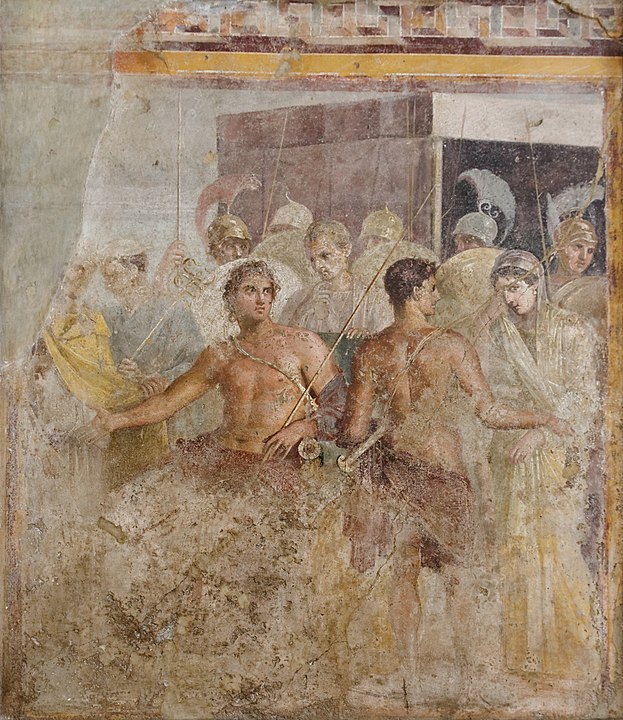Next week sees the publication of The Women of Troy, Pat Barker’s sequel to her critically and popularly well-received retelling of Homer’s Iliad, The Silence of the Girls; told with a woman’s gaze and one firmly focused on Briseis. (Reviewed in 2018 here in The Guardian by Emily Wilson.)
Barker has whetted the appetite for a timely read in this short piece she has written for The Guardian; she returns to her motivations in writing the first book, and it seems a classic ‘what came next’ is to be expected of her follow-up.
More generally, it was interesting to read Barker’s comments relating to the richness of opportunities at an author’s disposal to explore mythological characters, as opposed to the constraints imposed on fictions with historical figures and situations in their midst; burdened as they are with facts and evidence. It is any wonder, then, that the mythical narratives are returned to again and again by new generations of artists and writers seeking creative freedom; re-worked and re-imagined, made fit for contemporary reception.
Here’s to a girls night out with Briseis and friends (again) – grown up and grown old – or not – our fates shared through the ages (of man!).

